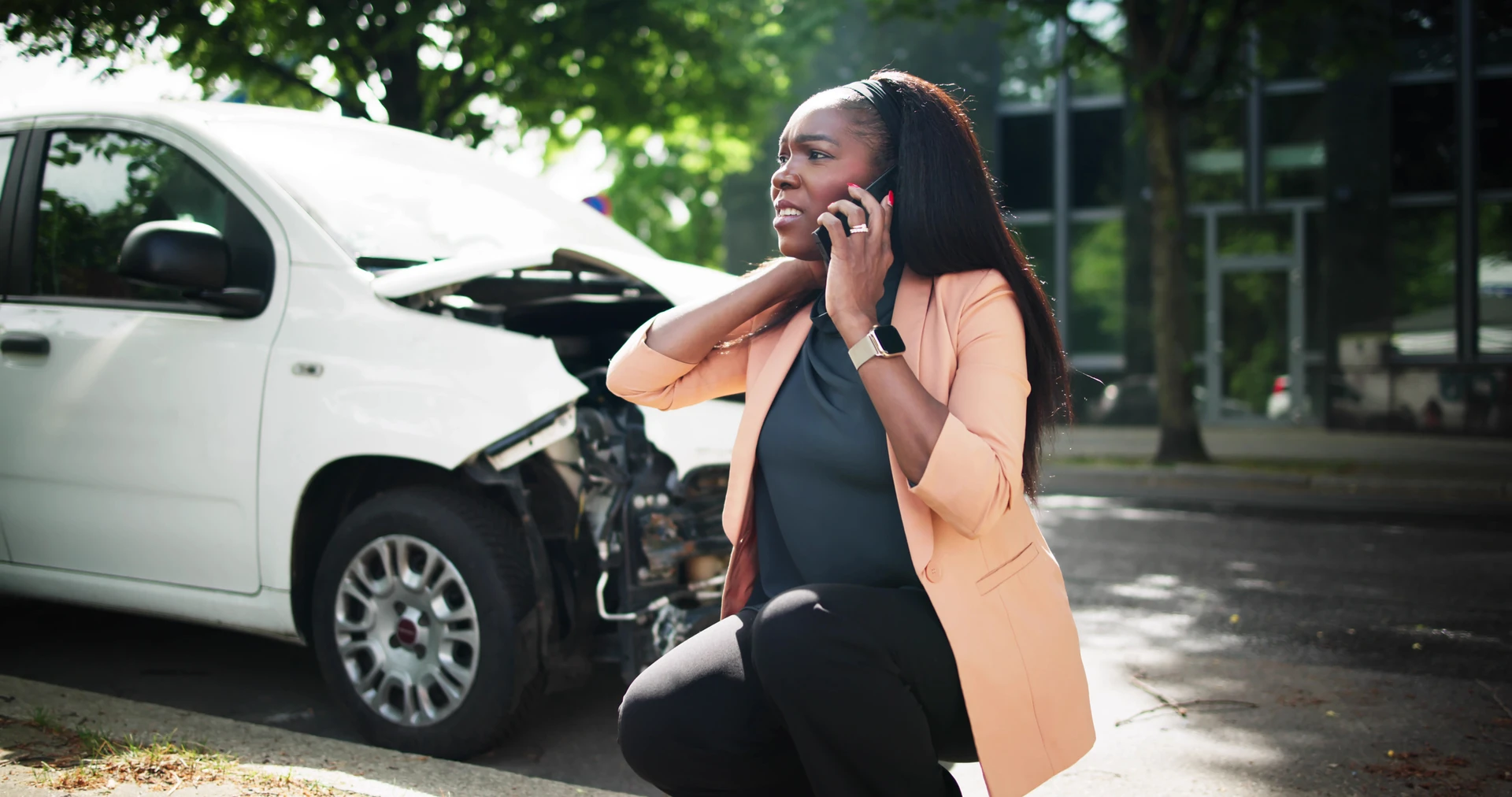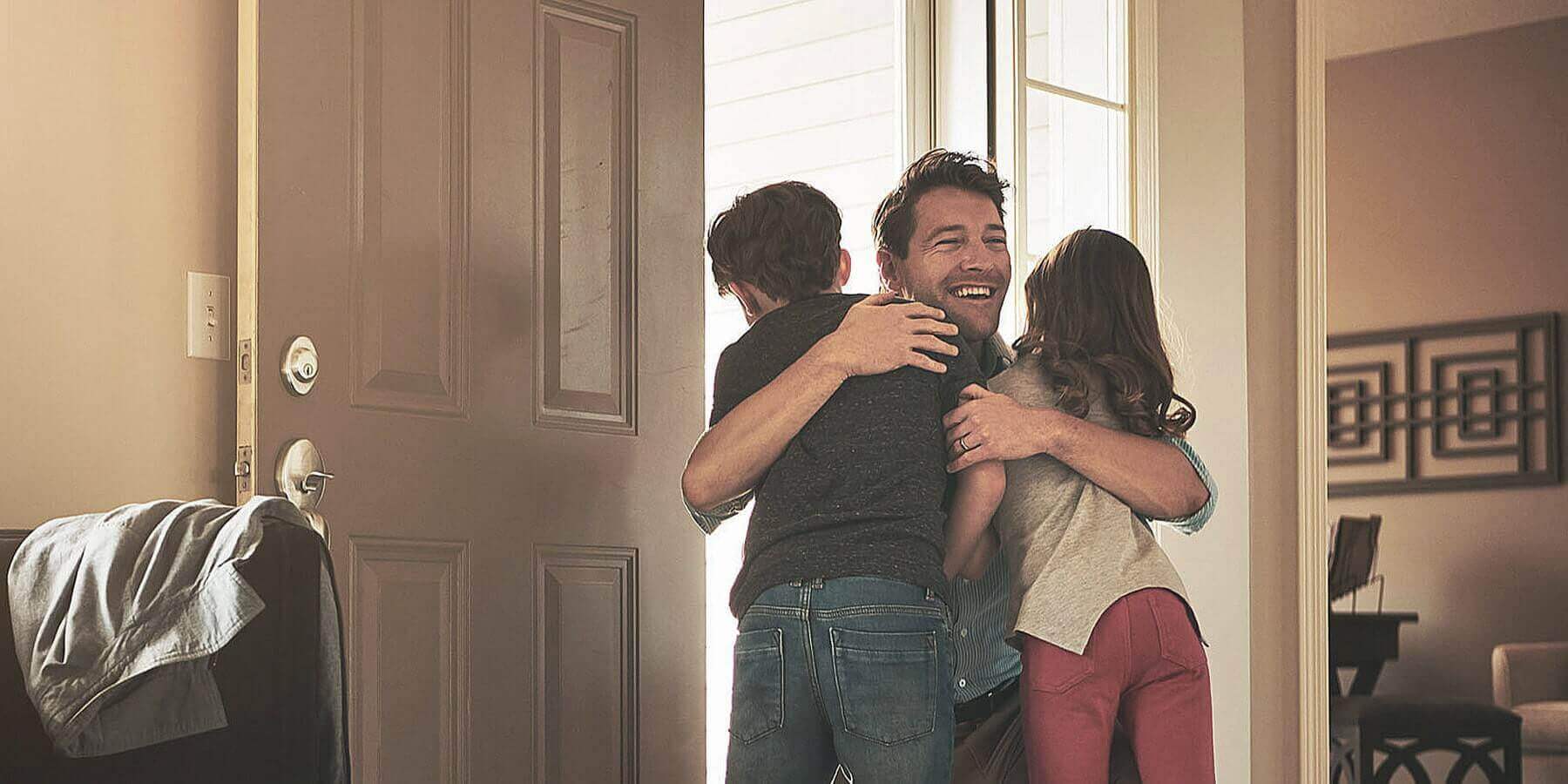
Car accidents happen every day, and in the moment, it’s easy to feel overwhelmed. If no one appears to be hurt and the damage looks minor, many people wonder, “Do you have to call the police after an accident?” The answer isn’t always black and white, but skipping that call could lead to legal trouble.
Whether you’re involved in a fender-bender or a more serious collision, knowing your responsibilities can help protect your rights and avoid unnecessary legal trouble. Here’s what you need to know about contacting the police, filing an accident report, and the risks of leaving the scene of an accident.
Am I Legally Required to Call the Police After a Car Accident?
In the state of Illinois, you are legally required to report a car accident to the police if the crash results in injury, death, or property damage over $1,500. If one of the vehicles involved is uninsured, the reporting threshold drops to $500.
If you’re unsure whether the damage exceeds that amount, err on the side of caution. It’s safer—and smarter—to notify authorities and let them decide if a formal report is necessary.
You must also file a written accident report with the Illinois Department of Transportation (IDOT) within 10 days of the crash if it meets the above criteria.
Why Calling the Police After an Accident Matters
Even if no one appears to be injured after a car crash, calling the police is often the safer option. Here’s why:
- It protects you legally: An official police report documents the facts and can help shield you from false claims later down the line.
- It helps with insurance: Most insurance companies want a police report to process your claim, even if you weren’t at fault.
- It uncovers hidden injuries or damage: Sometimes injuries or vehicle issues don’t show up until hours—or even days—after the crash.
When officers arrive, they’ll assess the scene, interview drivers and witnesses, and file a report that could be crucial if a dispute arises. Skipping that step can complicate everything from insurance payouts to potential lawsuits.
What If No One Is Hurt After an Accident?
This is where many people get tripped up. If both drivers seem fine and the damage appears minor, it might be tempting to exchange contact and insurance info and leave. But that decision could backfire.
Leaving the scene of an accident—even with no injuries—can still be a crime in Illinois. Under Illinois law (625 ILCS 5/11-402), drivers must:
- Stop immediately at the scene
- Provide name, address, and vehicle information
- Notify the police if the damage meets the required financial threshold
Failure to do so can result in criminal charges, including a Class A misdemeanor for property damage or a felony if someone is later found to be injured. You could face:
- Fines
- License suspension
- Possible jail time
- Increased insurance premiums
And keep in mind: even if the other driver says “Don’t worry about it,” you’re still legally responsible to follow the law.
What If You Leave the Scene Accidentally?
Sometimes drivers leave the scene unintentionally, especially in low-impact collisions where no one realizes a crash occurred. If you hit a parked car or fixed object, and you leave without making a report or leaving your contact info, you could still face a hit-and-run charge.
If you realize later that you’ve left a scene you were supposed to report, it’s best to call the police as soon as possible and explain the situation. Prompt action can reduce potential penalties and show good faith.
Should I Call the Police After a Minor Car Accident?
If you’re involved in a crash and you’re not sure whether you should call the police, follow these steps:
- Stay at the scene – Never drive away without confirming that it’s safe and legal to do so.
- Check for injuries – Even if no one is visibly hurt, ask how the other party feels.
- Call 911 – If there’s any doubt about injury or damage, report the accident.
- Exchange information – Get names, phone numbers, addresses, driver’s license numbers, license plates, and insurance details from the other driver.
- Document the scene – Take photos of all vehicles, damage, and the surroundings if it’s safe to do so.
- Request a police report – Get the report number and the responding officer’s name.
What If the Other Driver Leaves?
If the other driver flees the scene before exchanging information or calling the police, do not follow them. Instead:
- Try to get their license plate number
- Note the make, model, and color of the vehicle
- Record the time, location, and direction of travel
- Call the police immediately
Leaving the scene without sharing information is considered hit-and-run, even if the person didn’t cause the crash.
Don’t Risk It—Get Legal Guidance
The moments after a car accident can be confusing, especially when no one appears to be hurt. But choosing not to call the police—or leaving the scene too soon—can have serious consequences. Do you have to call the police after an accident? In most cases, yes. It’s the safest choice legally and financially.
If you’ve been involved in a car accident and are facing legal concerns—or if you’re being accused of leaving the scene of an accident with no injuries—it’s crucial to get legal help immediately.
Contact Crosby & Crosby Law Today
At Crosby & Crosby Law, we help clients navigate the aftermath of car accidents with confidence. Whether you’re unsure about your responsibilities or you’re facing charges related to an accident, our car accident lawyers are here to defend your rights and protect your future.
Call us today to schedule a consultation. Let our experienced attorneys give you the peace of mind you deserve.


